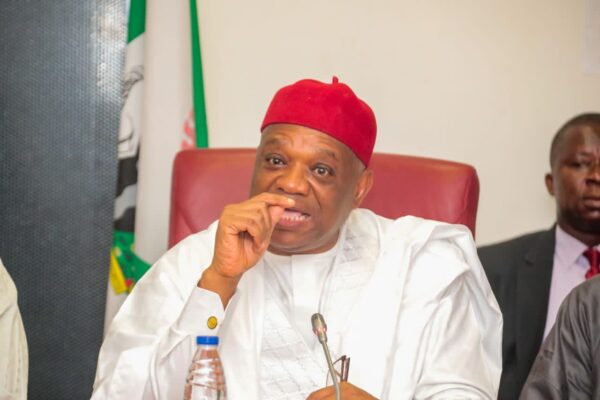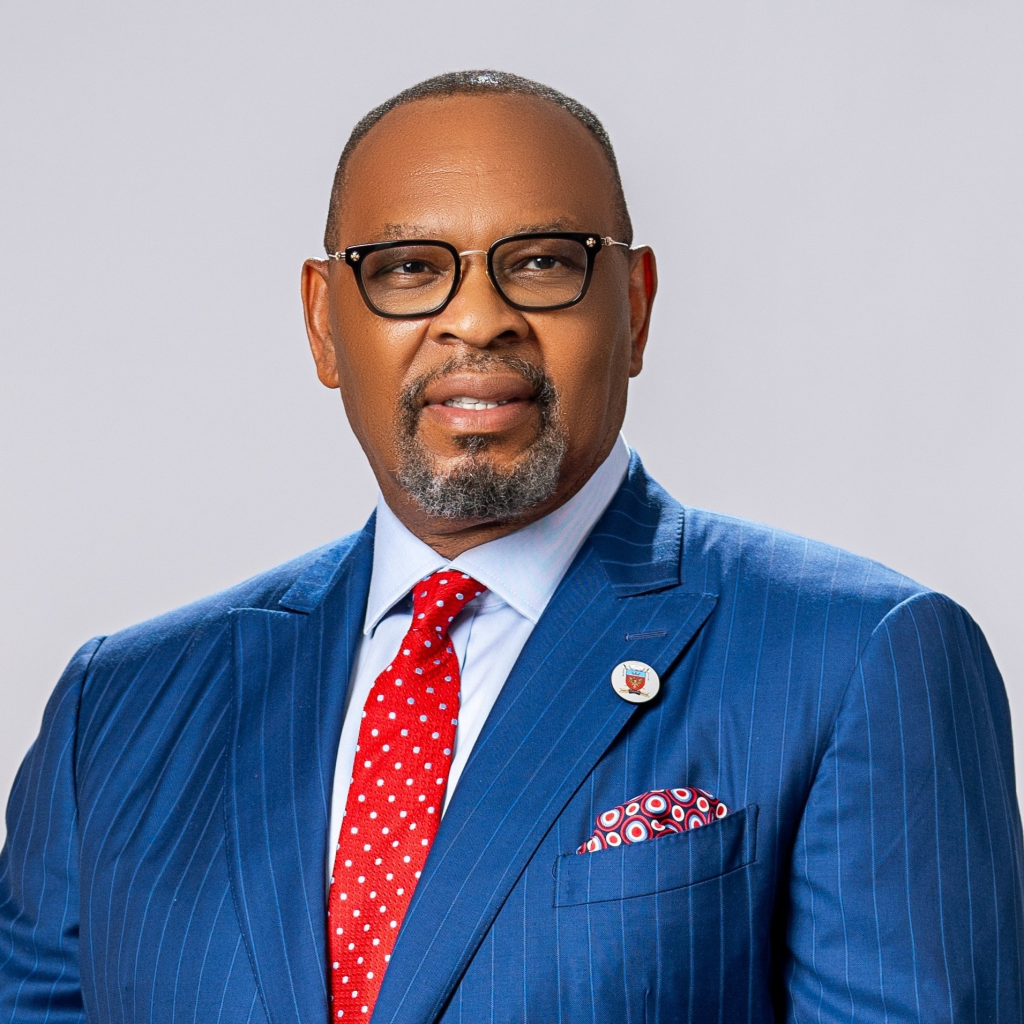The Federation of State Gaming Regulators of Nigeria has fired a constitutional warning shot that goes far beyond the narrow question of gambling regulation, writes Nseobong Okon-Ekong
A recent open letter from the Federation of State Gaming Regulators of Nigeria (FSGRN) to some of the country’s most respected legal authorities—among them the Body of Benchers, the Nigerian Bar Association (NBA), and several Senior Advocates of Nigeria—views the National Assembly’s consideration of the Central Gaming Bill 2025 as nothing short of a constitutional infraction.
At the heart of the FSGRN’s protest lies a broader concern: the sanctity of judicial finality and the supremacy of the Constitution itself. The regulators argue that the National Assembly’s move to legislate on gaming, despite a definitive Supreme Court judgment on the matter, represents a dangerous attempt to erode the separation of powers and undermine the authority of the judiciary.
A Supreme Court decision with far-reaching consequences
The controversy stems from the Supreme Court’s landmark ruling on November 22, 2024, in Attorney General of Lagos State & 21 Ors v. Attorney General of the Federation & the National Assembly (SC. 1/2008). In that decision, the apex court declared that lotteries and gaming fall exclusively under the legislative and regulatory competence of state governments, not the Federal Government.
The judgment was emphatic. The Court held that lotteries and games of chance are not listed in the Exclusive Legislative List, meaning the National Assembly has no constitutional vires to make laws governing them outside the Federal Capital Territory. In effect, the Supreme Court nullified the National Lottery Act, Cap N145 LFN 2004, and issued a perpetual injunction restraining federal authorities from enforcing its provisions within the 36 states.
Crucially, Section 287(1) of the Nigerian Constitution commands that the decisions of the Supreme Court “shall be enforced in any part of the Federation by all authorities and persons.” This is the legal bedrock upon which the FSGRN now builds its protest. To re-legislate on an issue already settled by the Supreme Court, it argues, is to desecrate not only the authority of the judiciary but also the supremacy of the Constitution itself.
The Central Gaming Bill 2025: Reopening a closed case
The Central Gaming Bill 2025, reportedly being considered by the National Assembly, seeks to reintroduce federal licensing, control, and revenue-sharing mechanisms for gaming and lottery operations across Nigeria. If enacted, the Bill would effectively restore the federal government’s central role in a sector that the Supreme Court has explicitly reserved for the states.
The FSGRN views this as legislative overreach—an attempt to reverse, by statute, what the Supreme Court has already resolved by judgment. The group’s letter characterizes this as a “direct violation of the doctrine of separation of powers and the supremacy of the Constitution under Section 1(1) and (3).”
Under Nigeria’s constitutional order, the Supreme Court’s decisions are final and binding. The National Assembly, no matter how well-intentioned, cannot legislate in defiance of a judicial pronouncement that invalidates a law on constitutional grounds. Doing so would amount to what the FSGRN calls “an open affront on the supremacy of the Constitution.”
The stakes for Nigeria’s federalism
Beyond the legal technicalities, the dispute over gaming regulation exposes the enduring tensions within Nigeria’s federal structure. The Supreme Court’s 2024 ruling was celebrated as a victory for fiscal and regulatory federalism, reaffirming the autonomy of states to control industries and taxation within their territories.
If the National Assembly proceeds with the Central Gaming Bill, it risks not only contravening a binding judgment but also reigniting debates over the concentration of powers in Abuja. The FSGRN’s letter can therefore be read as a broader defense of decentralization—a demand that states be allowed to exercise their constitutional rights without federal encroachment.
A call to the legal vanguard
By addressing its letter to the Body of Benchers, the NBA, and some of Nigeria’s most respected constitutional lawyers—including Professors Auwalu Yadudu and Itse Sagay, Chief Wole Olanipekun (SAN), Femi Falana (SAN), and Dr. Olisa Agbakoba (SAN)—the FSGRN is seeking to rally moral and professional authority behind its cause.
The letter appeals to these legal luminaries as custodians of constitutional order to “publicly defend the integrity of our constitutional democracy.” In essence, it calls for a united front within the legal community to resist any legislative attempt to override or diminish judicial pronouncements.
A test of institutional discipline
Ultimately, the Central Gaming Bill controversy presents a litmus test for Nigeria’s constitutional democracy. The supremacy of the Constitution and the finality of the Supreme Court’s judgments are foundational principles. When political institutions disregard them, the rule of law is imperiled.
If the National Assembly proceeds with the bill in defiance of the Supreme Court’s ruling, it will raise profound questions: Can Parliament re-legislate a law the Court has struck down as unconstitutional? What happens when lawmakers seek to reverse a judicial decision through political means?
These are not academic questions—they strike at the very core of Nigeria’s constitutional order. As the FSGRN’s letter makes clear, the issue is no longer merely about gaming. It is about governance, legality, and the preservation of judicial authority.
In the final analysis, how this controversy is resolved will signal whether Nigeria’s democracy still rests firmly on the rule of law—or whether the supremacy of the Constitution is itself becoming a game of chance.



